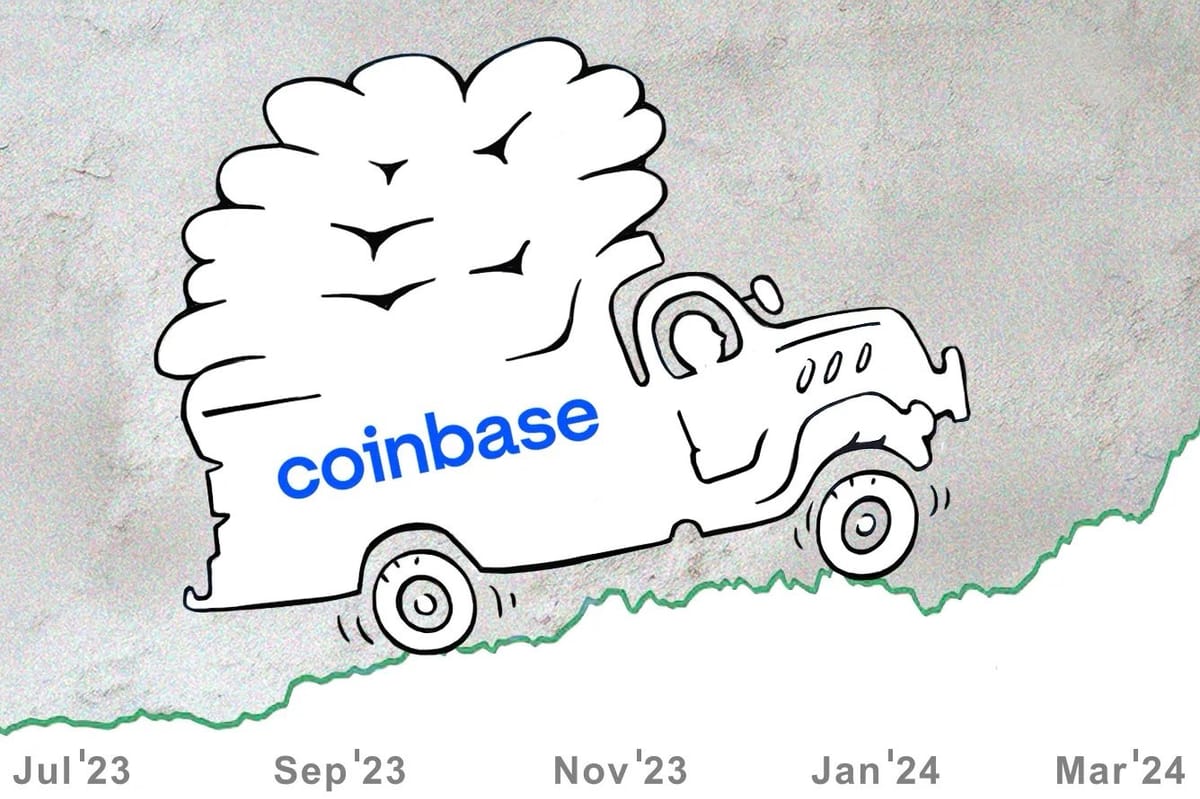
As the price of bitcoin continues to hit new highs, crypto exchanges are facing a significant load in usage. On Monday, major centralized exchange Coinbase crashed, allegedly unable to withstand the pressure of all those customers wanting to trade amid the bull market. The exchange has acknowledged the outage, saying that “some users may experience intermittent errors in trading, deposits, and withdrawals across Coinbase.com.”
The exchange also showed similar “degraded performance” on two occasions last week. The main problems experienced have included delayed and failed transactions and withdrawals, poor performance of trading tools and erroneous zero balances. Coinbase CEO, Brian Armstrong, explained that the first crash was caused by a “LARGE” surge of traffic on February 28 and later informed users that the exchange had modelled a ~10x surge in traffic, but that the current load levels exceeded that. The team later reported that the problems were fixed, but users still complained of pending transactions.
Other prominent exchanges, including Binance, Coinbase, Kraken and Bybit, have reportedly also suffered technical issues during this period. According to some experts, centralized exchanges are usually highly reliable when the traffic is regular, but during peak bull market loads can become less reliable than DEXs regulated by protocols.
Even though such problems are usually bad news for the reputation of an exchange, Coinbase’s shares have actually seen growth over the last few days, apparently due to the generally bullish sentiment of the crypto market. After the exchange informed users that the bugs were fixed, Coinbase stock reached $239, its highest price in over two years, although it has since fallen to $221. There have also been no signs of bank run, which could easily have happened if users were less loyal to the exchange.
Amid all this bullish sentiment, it is easy to forget that the U.S. SEC is still on the warpath. Its legal clashes with Coinbase have been going on for a long time. Recently, we have observed an update in one of the related cases: an insider trading charge against former Coinbase product manager Ishan Wahi, along with his brother and associates. Earlier we observed that the SEC had reached an agreement in principle with Wahi and that he pleaded guilty in a deal with the authority in February 2023. The judge has now released a default judgment against one of the co-defendants, Ramani, who has allegedly left the country.
In the default judgement, the court agreed with the SEC's claim that nine of the 25 tokens the defendants invested in were securities: Powerledger (POWR), Kromatika (KROM), DFX Finance (DFX), Amp (AMP), Rally (RLY), Rari Governance Token (RGT), DerivaDAO (DDX), LCX and XYO. It also confirmed that secondary sales of cryptocurrencies are securities contracts:
“The allegations in the FAC establish that the tokens Ramani traded were offered and sold as investment contracts and, thus, were securities.”
However, Coinbase chief legal officer Paul Grewal pointed out that default judgments aren’t contested and the point is that the defendant didn’t show up so “the judge literally has the SEC on one side and no one on the other.” According to Grewal, the SEC’s tactics of suing [absent] intermediaries allow it to keep those who can defend themselves and the industry out of the courtrooms.
“All of this is to say that in seeking default the SEC was pushing against a completely open door. It’s an example why courts generally do not give collateral estoppel effect to default judgments in other cases. They are not worth anything as precedent or persuasion,” - he tweeted.
The complex interplay between technical issues, market dynamics and regulatory scrutiny is certainly shaping the cryptocurrency landscape right now. We will continue to Observe where it all leads.

